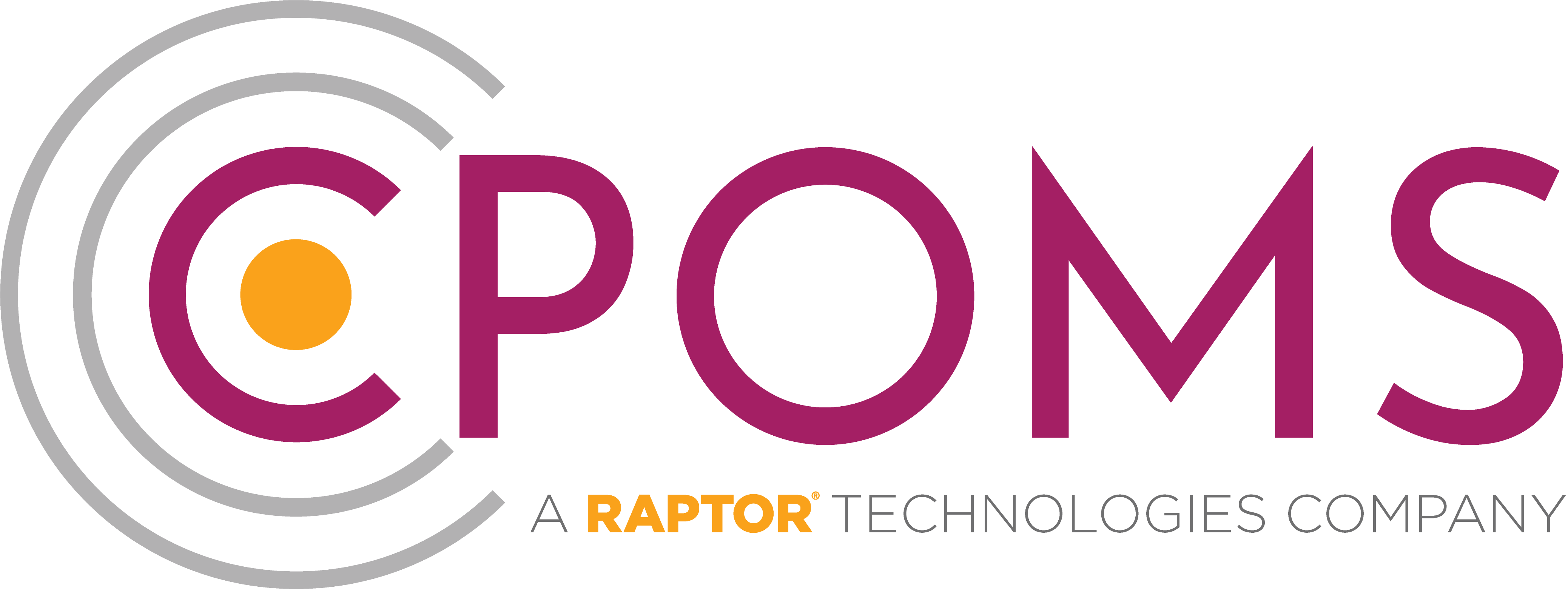The transition from secondary education to further education (FE) colleges marks a significant milestone in a student’s academic journey. However, this transition also brings with it a host of safeguarding challenges that college administrators must navigate to ensure the welfare and safety of students.
Staff, management, governors and proprietors in FE have a statutory duty to safeguard and promote the welfare of children under the Children Act 2004 and a duty to protect vulnerable adults over 18 years who study on their premises under the Skills and Post-16 Education Act 2022.
Safeguarding Challenges in FE Colleges
The transition from school to college can be an exciting but daunting experience for many students. Mental health issues are on the rise for young people of all ages, and this can be compounded for those experiencing this new phase of life, especially as they encounter new challenges.
Dating and Relationship Violence
According to a study conducted by Cardiff University, over half of learners between the ages of 16 and 19 have been subject to violence in their dating and relationship experiences. The study found that the most common form of dating and relationship violence was controlling behaviour, experienced by more than one third of all participants with dating or relationship experience. Many of these relationships are formed between FE attendees.
Financial Pressures
Recent findings strongly suggest a significant surge in safeguarding issues within colleges, stemming from the current cost-of-living pressures. This has catalysed a spike in family tensions and occurrences of domestic abuse, resulting in an increased referral rate of students to supported housing. The rise in the number of ‘at risk’ students underscores this urgent situation, making it more important than ever for colleges to collaborate with various agencies to effectively support these students.
Mental Health Concerns
The Association of Colleges’ mental health survey from March 2023 is a critical wake-up call for educational institutes everywhere. These findings highlight the critical need for better mental health awareness and support systems in educational institutions:
- 82% of colleges face a significant number of students experiencing mental health difficulties without a formal disclosure.
- 8 in 10 colleges made a referral to A&E related to learner mental health,
- 70% of colleges reported an increase in the frequency of suicide attempts.
It is critical that there is no gap in ensuring efficient safeguarding and that critical safeguarding, child protection, pastoral and welfare data is transferred from secondary to college staff quickly and securely. The DSL and appropriate staff need to be able to get up to speed quickly and maintain the appropriate level of support and intervention. Having the safeguarding data from a student’s secondary school enables no gap in support and sets staff up to be able to effectively monitor and address these new challenges students face as they make the transition to college.
How CPOMS Software can Support Students
Software like CPOMS StudentSafe alleviates administrative burdens, enhances safeguarding protocols and allows colleges to focus on student wellbeing. It is a comprehensive tool for monitoring child protection, safeguarding and welfare concerns, bringing a host of benefits for further education settings:
Reducing Administrative Burdens
By automating many of the administrative tasks associated with safeguarding, CPOMS frees up staff time, allowing for a focus on more critical aspects of student care. This automation reduces paperwork and minimises the risk of human error, leading to more efficient and reliable safeguarding processes.
Enhancing Safeguarding Protocols
CPOMS provides a comprehensive overview of each student’s safeguarding history, enabling staff to make informed decisions and take appropriate actions. This detailed historical data helps in identifying patterns and trends that might otherwise be missed, ensuring a proactive approach to student welfare.
Student Transfers
As the most widely used safeguarding software in the UK, CPOMS simplifies data transfers from schools to colleges providing accuracy and ease of care continuity in a matter of minutes. This ensures that there is no gap in support as students move from secondary education to FE colleges. The smooth transfer of information is vital to maintaining continuity in a student’s care and ensuring that their individual needs are met without interruption.
Conclusion
Ensuring there are no gaps in safeguarding during the transition to further education is crucial for ensuring the wellbeing of students. CPOMS software offers a comprehensive solution that addresses communication and logistical challenges, reduces administrative burdens and enhances safeguarding protocols.
To learn more about how CPOMS can assist your college with safeguarding solutions, schedule a demo today.




